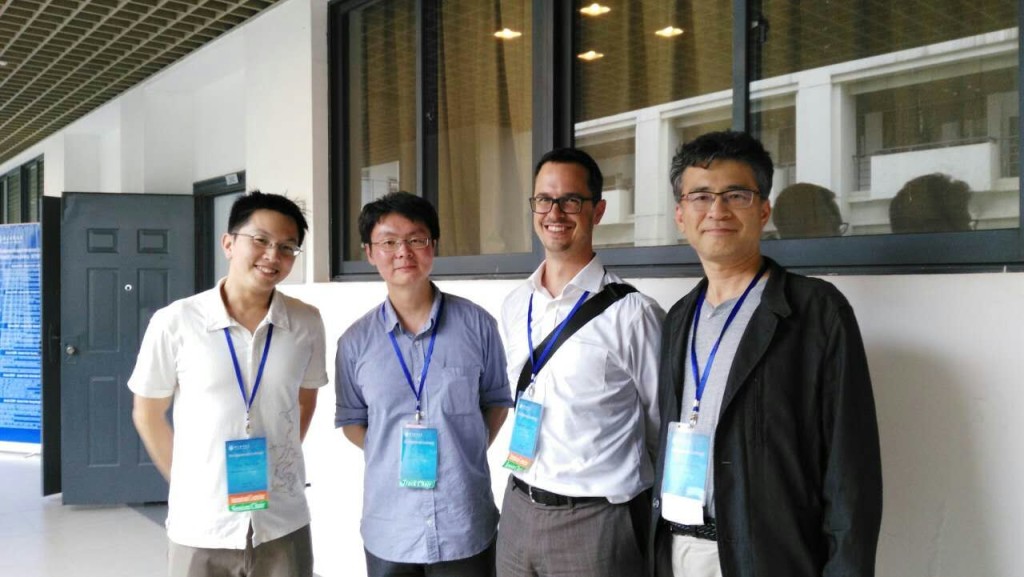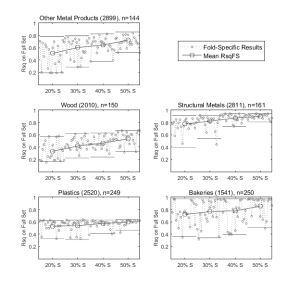
Author Archive: ajohnson
August 1-5 – Hitotsubashi Summer Institute 2016 – Tokyo, Japan

The 2nd Annual Hitotsubashi Summer Institute will take place at Hitotsubashi University. The conference aims to present and discuss research in four general themes: International Trade and FDI, Economic Development, Macroeconomics and Econometrics, and The Economics of Service: Microfoundations, Measurement, and Productivity Policy.
August 3 and 4 will focus on The Economics of Service: Microfoundations, Measurement, and Productivity Policy and will be held jointly with The Third Asia KLEMS Database Management Workshop.
August 1 & 2 – Japan Project Meeting – Tokyo, Japan


Japan Project Meeting is jointly sponsored by the NBER, the Center for Advanced Research in Finance, the Center on Japanese Economy and Business, and the Australia-Japan Research Centre.
The meeting, organized by Shiro Armstrong, Charles Horioka, Takeo Hoshi, Tsutomu Watanabe, and David Weinstein, will be held at the Asian Development Bank Institute (ADBI), Kasumigaseki Building 8F, 3-2-5, Kasumigaseki, Chiyoda-ku, Tokyo 100-6008, Japan.
July 21 and 28 – Osaka University – Lectures on Regression as a Special Case of Quadratic Programming

Students in operations research and industrial engineering typically study linear and non-linear programming. Whereas regression is more commonly used in the fields of statistics and econometrics. This lecture will describe the relationship between the two methodologies.
July 14-15 – Special Seminar on Transportation and Logistics – Osaka, Japan

Seminars organized by the Scheduling Society of Japan featuring Pitu Mirchandani and Stefan Voss
July 4 – Data Envelopment Analysis International Conference – Insights from Machine Learning for Evaluating Production Function Estimators on Manufacturing Survey Data

Abstract: In this paper we propose selecting an estimator based on a weighting of its in-sample and predictive performance on actual application datasets. For simulated data, we find that our proposed estimator has the lowest weighted errors. For actual data, specifically the 2010 Chilean Annual National Industrial Survey, a Cobb-Douglas specification describes at least 90% as much variance as the best alternative estimators in practically all cases considered.
June 15 – North American Productivity Workshop – Insights from Machine Learning for Evaluating Production Function Estimators on Manufacturing Survey Data

Abstract: In this paper we propose selecting an estimator based on a weighting of its in-sample and predictive performance on actual application datasets. For simulated data, we find that our proposed estimator has the lowest weighted errors. For actual data, specifically the 2010 Chilean Annual National Industrial Survey, a Cobb-Douglas specification describes at least 90% as much variance as the best alternative estimators in practically all cases considered.
May 18 – Nonparametric statistical inference under shape constraints Workshop – Production Function Estimation Using Shape Constrained Estimators

Production functions are economic models to characterize the relationship between resources consumed and output produced for production processes. Economic theories of production rarely provides guidance for a particular functional form; however, many economic theories provide shape restrictions on the production function. The specific shape restrictions vary across production processes. This talk will provide an overview of the most common shape restrictions and motivation for their use.
Sweet or Sour? The Potential for U.S.-Cuban Trade in Sugar

This project seeks to analyze the potential for U.S.-Cuban sugar trade with a particular focus on Cuban sugar production. Cuba has historically been an important global sugar producer and U.S. sugar producers are sensitive to foreign competition. Furthermore, the potential for Cuban liberalization and subsequent possible inflow of foreign investment makes analysis of this industry important. The project’s implications are significant for U.S. sugar producers, U.S. national agricultural policy, and for agricultural development in developing countries generally.
Evaluating Production Function Estimators on Manufacturing Survey Data

Organizations like census bureaus rely on non-exhaustive surveys to estimate industry population-level production functions. In this paper we propose selecting an estimator based on a weighting of its in-sample and predictive performance on actual application datasets. We compare Cobb-Douglas functional assumptions to existing nonparametric shape constrained estimators and a newly proposed estimated presented in this paper. For actual data, specifically the 2010 Chilean Annual National Industrial Survey, a Cobb-Douglas specification describes at least 90% as much variance as the best alternative estimators in practically all cases considered.
